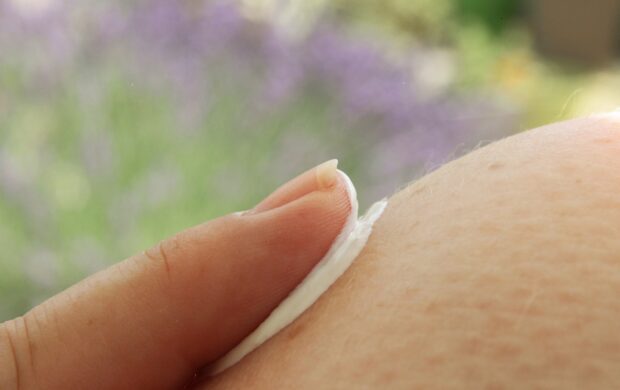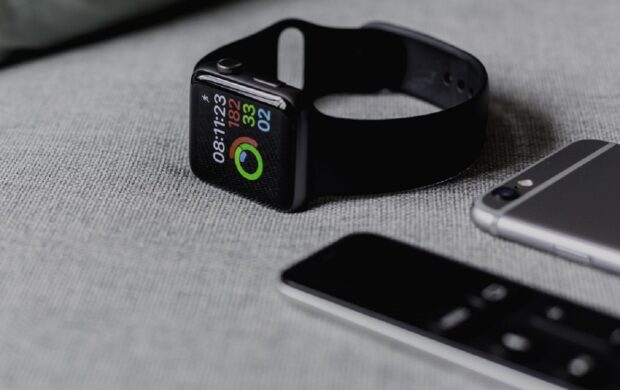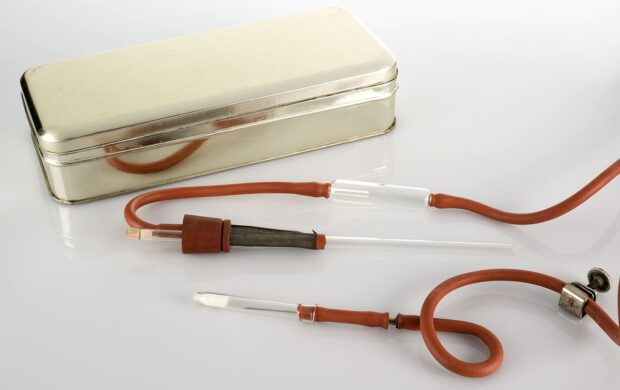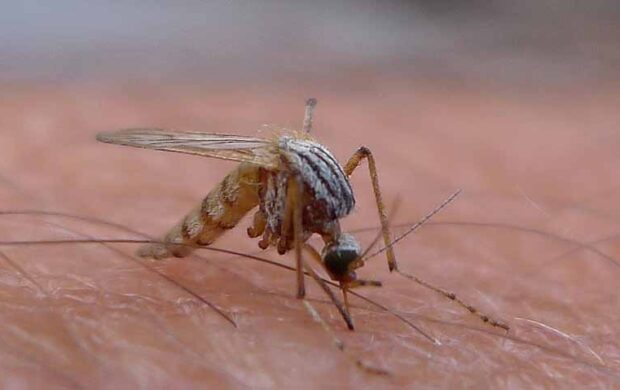A team from the University of Queensland has created a surface that mimics the spikey physical structure of gecko skin that kills bacteria by puncturing their cell walls. In a world where there is a pressing need to develop new ways of fighting harmful bacteria, Microbe-resistant surfaces stand out as a particularly hopeful innovation. Initial designs focused on super-smooth surfaces but they were not fully effective as researchers found that they could not dislodge certain strains of bacteria. They instead turned to nature for inspiration.
Two Australian scientists, Greg and Jolanta Watson, have been researching naturally occurring antibiotic surfaces for decades. Using an electron microscope, they found that the physical structure of Gecko skin is comprised of intermeshing nanoscale pillars and larger pointed hair-like projections. These tiny protrusions puncture the cell walls of bacteria that try to settle on the surface, causing their innards to leak out and leading to their death.
In late 2016, David Green, from the University of Queensland, saw the potential to harness these bactericidal properties and succeeded in creating large sheets synthetic gecko skin. His team did so by stamping soft polyvinyl with gecko skin to create moulds that can be filled with molten acrylic or various other materials. The resulting surface is almost as good as the original but the hairs are slightly shorter and more bulbous. Importantly, however, they still found the surface to be 88% effective against soft-shelled microbes and 66% against hard-shelled species.











